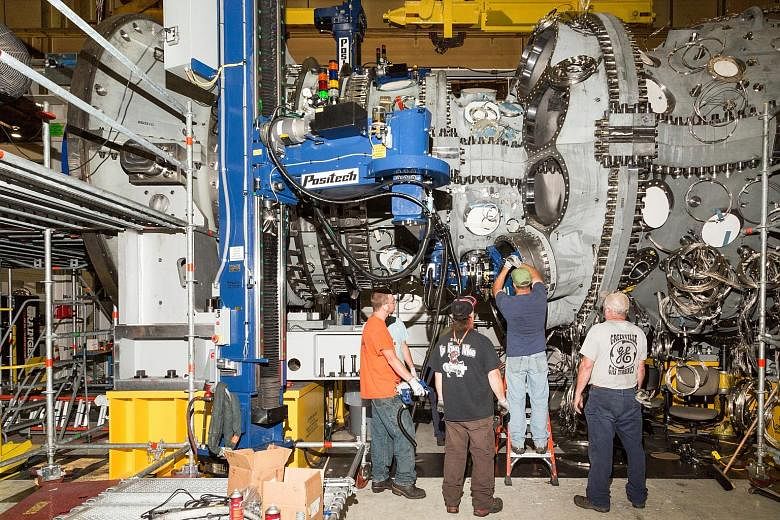A stronger US economy, the recovering manufacturing sector and higher inflation expectations are tentative signs that 2017 could be a rosier year for the world economy, according to some economists.
While prospects seem marginally less bleak than last year, however, global growth is likely to remain mediocre on the whole.
"As we head into 2017, there are many reasons to view prospects with distinct nervousness," said a report from HSBC Global Research.
The world is watching to see whether United States President-elect Donald Trump will follow through on his anti-trade campaign rhetoric and there are concerns over how growing populism will affect the outcome of key euro zone elections, the report noted.
Britain also faces significant uncertainties over its Brexit negotiations and emerging markets with high levels of debt will have to grapple with rising interest rates and sliding currencies.
These "give real cause for concern", but there are some bright spots, the report said.
Global Purchasing Managers' Indices - an indicator of manufacturing activity - are at their highest level for more than a year.
The US economy is robust enough that the Federal Reserve just carried out its second interest rate hike this decade. Economists saw this as a sign of the Fed's confidence in a stronger US economy, which could help lift global growth.
China has also remained resilient, defying financial market concerns at the start of last year.
"All of the above help explain why this quarter we can offer a rare treat: For the first time since early 2012, we are increasing our forecasts for both global growth and inflation for the next two years," the HSBC report added.
"Unfortunately, it is still a world where global growth is likely to hover around the mediocre growth rates of the past few years."
Oxford Economics lead economist Adam Slater agreed that global economic growth should improve this year, albeit modestly.
"Although we see world growth rising to 2.6 per cent in 2017 from 2.2 per cent in 2016... many of the factors underpinning the relatively slow growth of the world economy since the global financial crisis remain in place," he said.
These factors include sluggish investment and world trade, poor productivity growth, demographic drags and China's economic restructuring efforts.
An OCBC report also noted that the strengthening greenback and higher US interest rates could pose risks for emerging markets, which are already experiencing heightened capital outflows.
Higher rates prompt investors to move money into US dollar-denominated assets, putting pressure on Asian currencies and asset markets.
"For now, there are too many moving parts to forecast with much precision on the growth and market outlooks for Asia," the OCBC report said.


